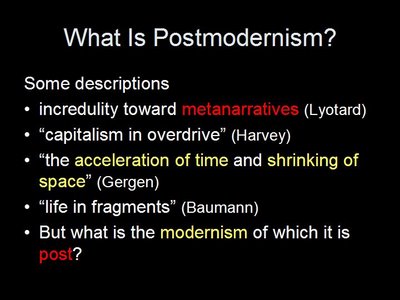
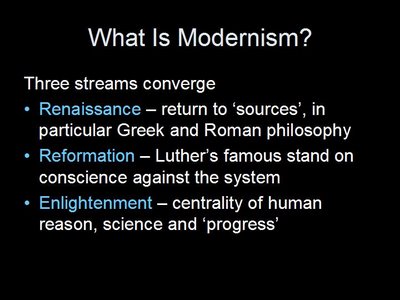
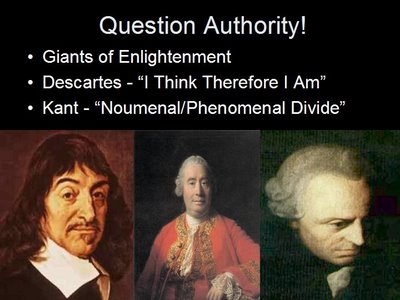
The middle guy is David Hume, the skeptical empiricist.
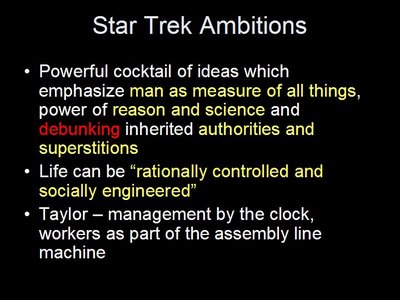
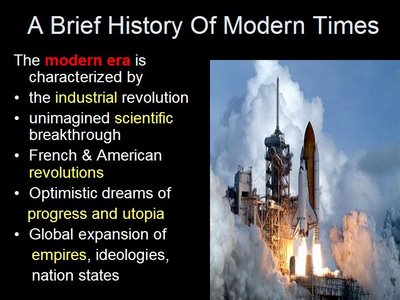
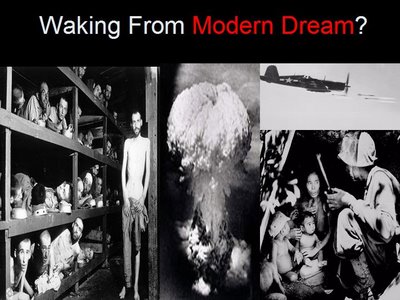
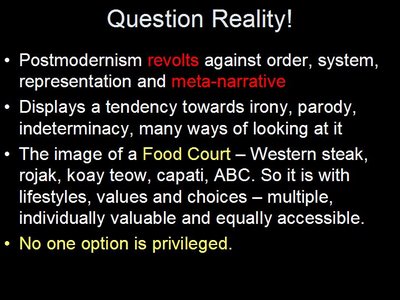
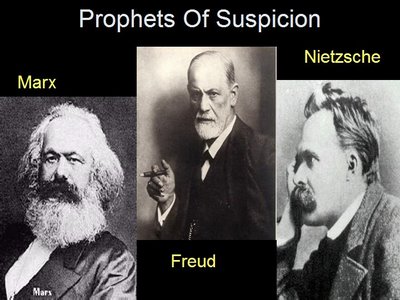
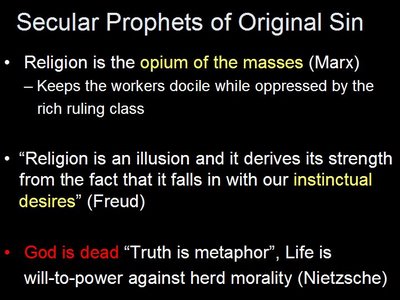

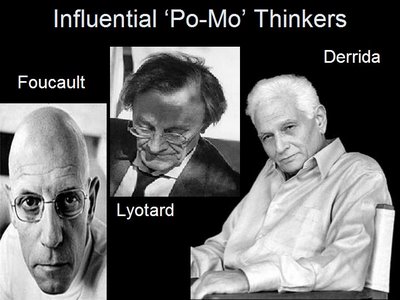
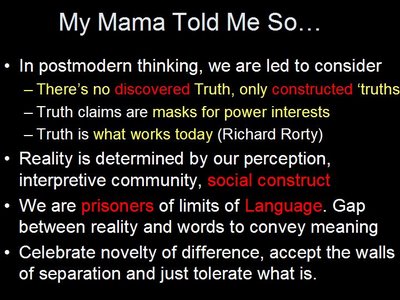
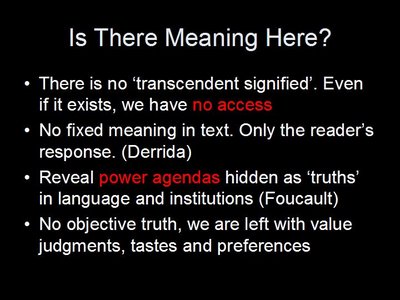



I Shop Therefore I Am
Hyper-Consumerism: If life is a supermarket, and moral choices are like the products on the shelves, then all that matters is personal choice.
The only problem is the lack of freedom to choose. A determined failure to acknowledge limits and boundaries
Gospel Opportunities
Weakened pride in autonomous reason and naturalistic scientism
Openness to the ‘supernatural’
Yearning for authentic relationships
Need to see gospel embodied before it is proclaimed
Be sensitive to context, history, culture, locality, earthiness, here-and-now rather than extreme other-worldliness
Gospel Challenges
Suspicion of evangelistic ‘propaganda’, more conversation
False dichotomy – Love versus Truth. “Speak the Truth In Love” (Eph 4:15)
Organized religion is out, personal spirituality is in
Gospel subverted as ‘one of many stories’ Social pressure of relativism which is intolerant of Christian faith in particular
Our Calling
Understand the times, every era has its challenges
Confidence in God and His truth
Indwell the gospel, take the risk to effective persuasion
Demonstrate ‘earthly good’
Dialogue… What Would Jesus Ask?
C. S. Lewis’ argument from desire, longing? (1 Peter 3:15-16)
















3 comments:
David, excellent review. Just wanted to draw attention to the major revision of how Christians are to view Immanuel Kant. I fear RZIM has not kept up with critical work done on understanding Kant's religious works in the past 20 years. Please refer to John E. Hare of Yale whose book, The Moral Gap from Clarendon Press, Oxford, is the standard work. It has been commonly understood (and I myself was taught this) that Kant was a disservice to the Christian faith. Hare is an evangelical who taught at Calvin College for some 20 years before replacing Wolterstorff's chair at Yale. He is the son of the eminent Oxford philosopher R. M. Hare, who was an atheist moral philosopher. The son spent his life's work trying to persuade the father that while morality is possible without God, it is at best, unstable. R.M. is especially well known for his interpretation of Plato.
Thanks for the book recommendation and update on the Hare family, Ron! Havent seen the book around though :(
What is his main thesis on Kant, by the way? And the methodology he used to defend it?
gkjy21mnwq
golden goose outlet
golden goose outlet
golden goose outlet
golden goose outlet
golden goose outlet
golden goose outlet
golden goose outlet
supreme outlet
golden goose outlet
golden goose outlet
Post a Comment